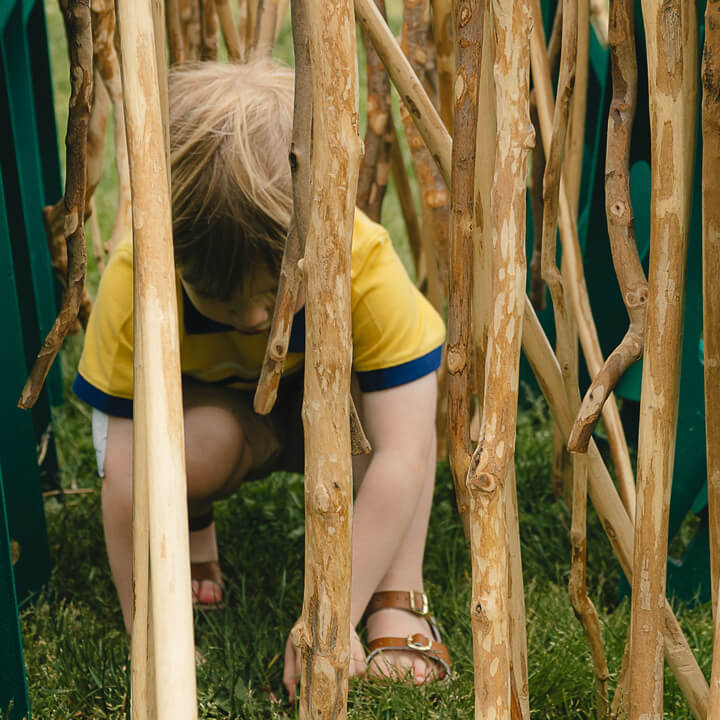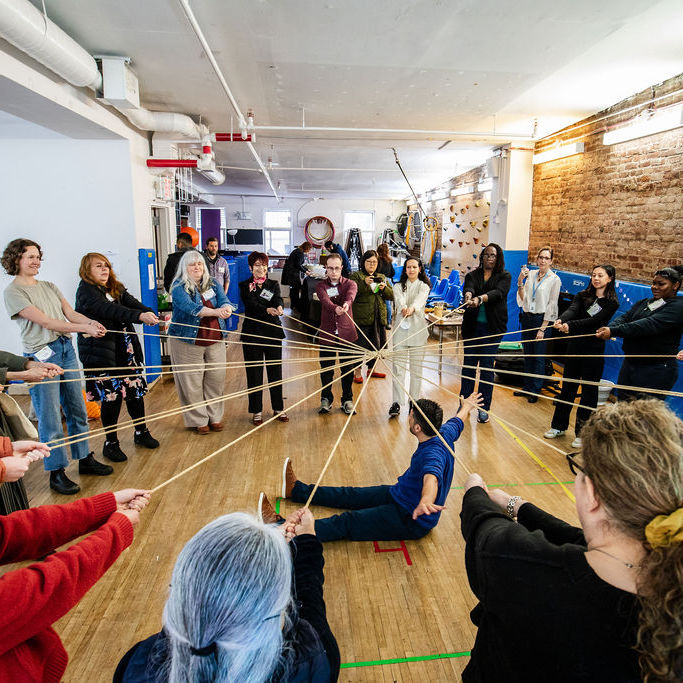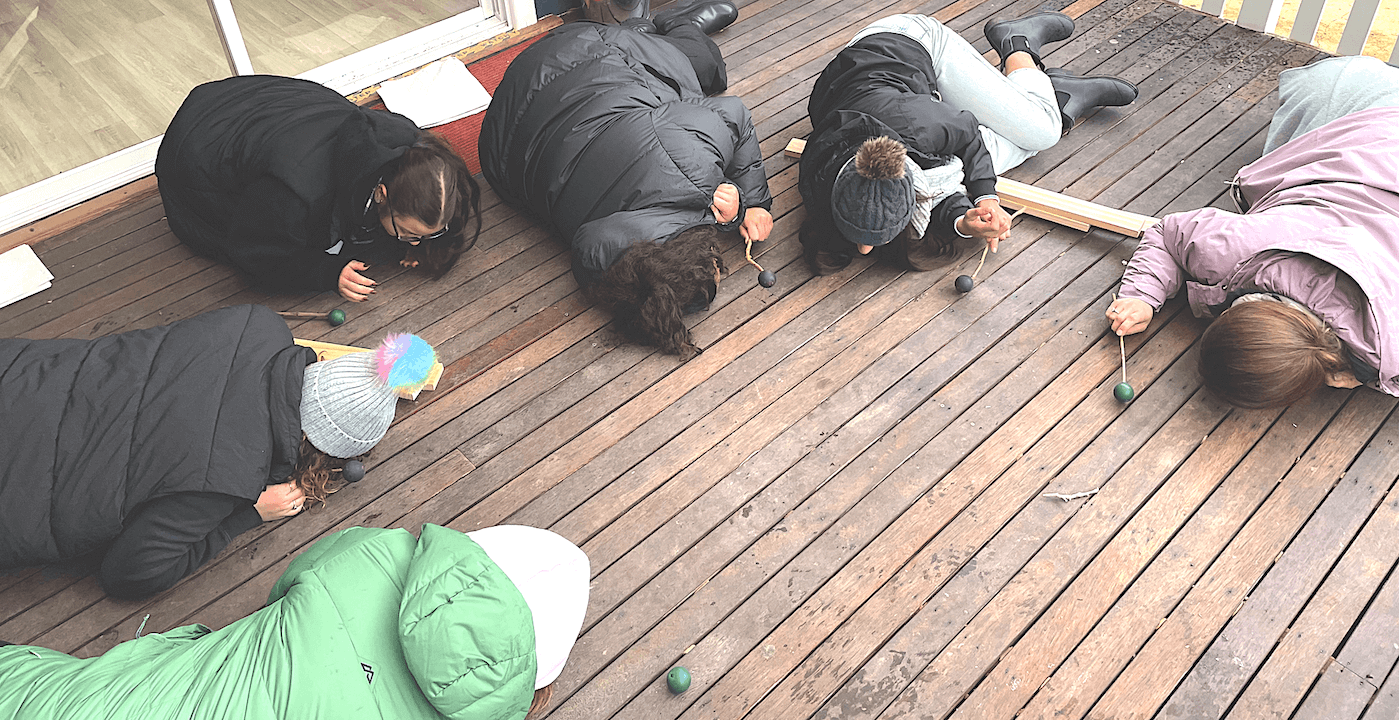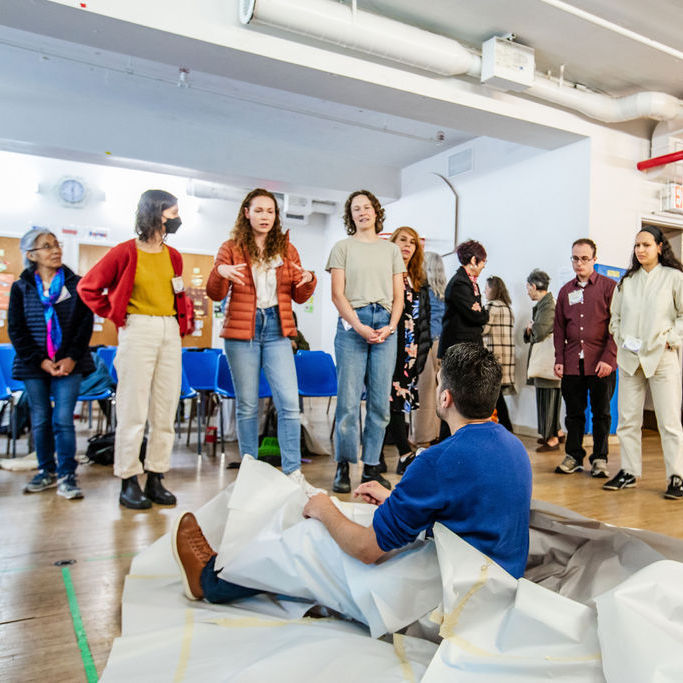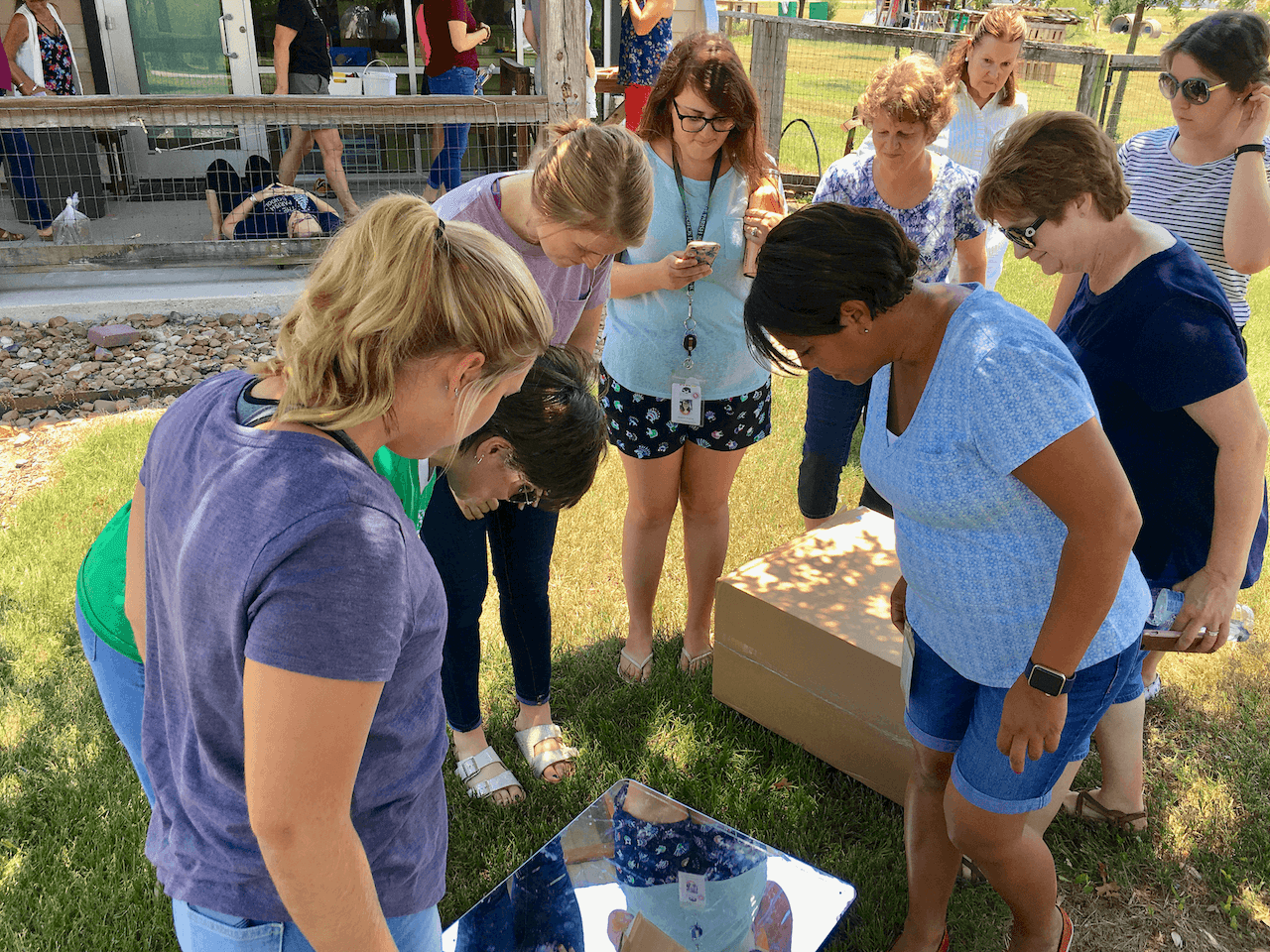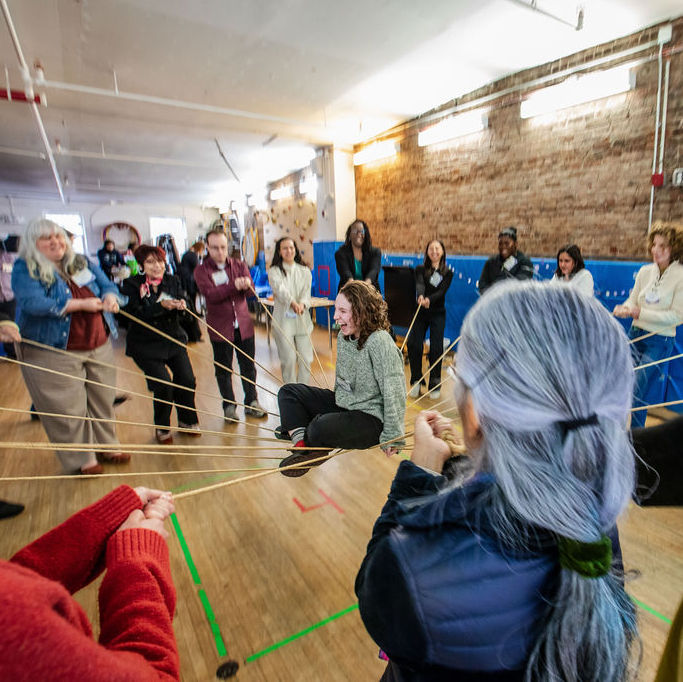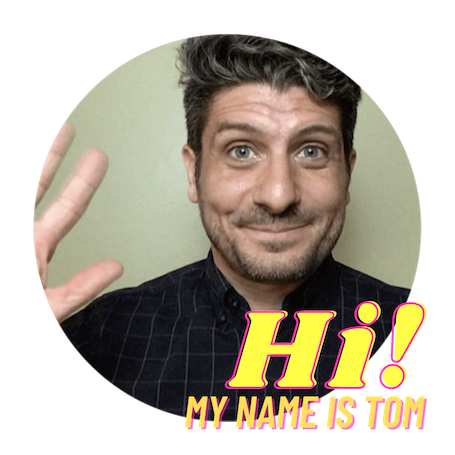A New Professional Development for Early Childhood Educators to Build Confidence with the Reggio Emilia Pedagogical Approach
A Gift from Reggio Emilia
The municipal preschools of Reggio Emilia, Italy, have gifted the world with the opportunity to provide an early childhood education service that sources from children’s natural ability to learn, make discoveries, imagine and wonder, and feel competent and self-aware.
Reggio in the US: A Few Bumps and Challenges
Implementing the Reggio approach in the United States could be an exciting or frustrating challenge, as preschools and ECE services have to deal with the reality of district guidelines, 3-K and Pre-K curricula, and DOEs bureaucratic hurdles.
The Reggio approach sounds incredibly fascinating to educational systems that are traditionally curriculum-centered, teacher-centered, or knowledge-centered.
Still, its implementation into daily practice often turns into a complex journey.
Despite the fundamental, passionate, and tireless support from Reggio Children and its official international network, many preschool and childcare directors, administrators, and educators in the United States who acknowledge the Reggio approach as the best gateway to fulfill the needs of contemporary young children still struggle to envision it working in their programs and facilities and feel helpless in planning a successful and complete transition.
Some schools coped with introducing a few aspects of the approach; they almost “surrendered” to calling their services “Reggio-inspired.”
Other schools call themselves “Reggio” and openly admit that their offerings are still a slight, theoretical work in progress toward such a brilliant approach.
So, Can the Reggio Approach Work in Every Preschool?
Actually, Yes.
It all depends on how decision-makers, administrators, and teachers perceive the role of children within their educational systems and schools.
To be clearer, these days, the “Reggio talk” on social media and in thousands of centers and programs is almost exclusively about materials, equipment, environment settings, and provocations.
Well, cold. No, a little colder: Children are the core and essence of this educational approach.
The Reggio approach is primarily about trusting and believing in every child as a naturally competent, equally respected, active individual in our communities.
Children (not materials, equipment, environments, and provocations) are the enablers and protagonists of the learning experience.
Do you want to do Reggio? Start with and from the children.
Introducing "Making Sense of the Reggio Approach" Professional Development Training
There is a new, fun, hands-on professional development training for early childhood educators and administrators to learn firsthand how Reggio works from the very beginning.
To really “make sense” of the Reggio approach as educators, we focus on the child and learn how to enter their mind (and body): We embody how children discover, experience, play, and explain the world to themselves daily.
A Deep, Practical Dive into Children’s Minds
This child-centered, introductory professional development training is about (respectfully and professionally) questioning everything children do.
Questioning means:
- Reproducing and analyzing discovery processes,
- Stepping back and observing children in action without judging, prejudging, or anticipating outcomes,
- Listening more than talking.
In training, we do all this practically to understand and process it.
The Child at the Center
In this new hands-on PD training, educators embody being inside a child’s mind and realize they can learn from children.
Starting from this revelation, they learn to explore how to find a role, a scope, and a lingo to assist and support children’s autonomous learning journeys professionally.
Wondering, Competence, Learning, and Control
The “Making Sense of Reggio” PD training also involves understanding and building awareness around the impact of adult control on children’s natural learning abilities.
In training, educators learn how to flexibly approach any preschool curriculum, focusing on children’s competence instead of relying on adults’ instructions, plans, and classroom schedules.
Fun, Reward, Team Collaboration
During this professional development, educators learn to see themselves as a team of researchers (“Childhood Researchers,” how cool is that?).
Fun and rewards happen organically every time they learn something new from children as faculty.
As a result, educators build a profound team-collaborative spirit.
Every Early Childhood Educator Can Transition to Reggio
- Are you a school, childcare center, ECE program director, owner, or administrator?
- Do you believe in children‘s competence?
- Do you want your staff to finally grasp and implement what you’ve read about (and maybe seen in) Reggio Emilia?
This PD training is for you. Contact us to Learn More!

